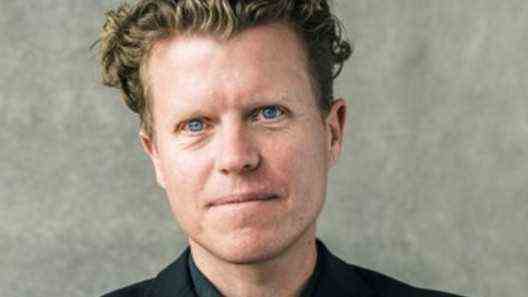The new federal government will make climate policy a central project. The ambition is clear: stop global warming, maintain prosperity through green technology leadership and prove that the European Green Deal is a sustainable growth model. In order to ensure success, however, the international dimension must be taken into account. The EU Green Deal needs veritable Green Deal diplomacy.
With ten million barrels a day, the EU is the world’s largest net importer of oil alongside China. Still – because from 2030 European imports will decline sharply as part of EU climate policy. This can have drastic economic consequences for petro-states. As one-sector economies, there are hardly any alternatives in export, and the conversion of the domestic economy to a non-fossil model is, at best, a long-term option – the path dependencies of decades-old rent economies are too strong.
This affects less Saudi Arabia or Russia, i.e. rich or sufficiently diversified economies. They can make the necessary investments and cushion the consequences – if they want it politically. The problem lies in states like Algeria or Nigeria, where fragile social contracts coincide with a less competitive domestic economic structure. The foreseeable loss of the central export sector will hit these countries hard. The political responsibility for this clearly rests with the governments there. However, the EU has an interest in ensuring that social peace in petro-states does not break as a result of European climate policy.
Developing countries need access to future technologies
This poses a structural problem: Most non-OECD countries have too little investment in renewable and climate technologies, measured against their development and energy needs. So you are not moving quickly enough to a climate-friendly future. In particular, the energy-intensive export products of these countries will therefore find it more difficult to find sales markets in large economic blocs. Because the EU will introduce a so-called CO₂ border adjustment from the mid-2020s. This amounts to a surcharge as soon as an imported good has a higher CO₂ footprint than an equivalent EU product. This is intended to prevent creeping deindustrialization of Europe in view of rising CO₂ prices and ambitious climate targets.
The know-how of the necessary air conditioning technologies lies in the industrialized countries and China. However, due to insufficient investment in developing countries, the necessary technology transfer is not taking place. So far, the EU has taken the position that intellectual property rights should stimulate technological innovation and that technology transfer should be managed through investment. Little attention, on the other hand, is given to the question of the consequences of a lack of access to future technologies for the economic prosperity of the “decarbonisation laggards” – and consequently also for the social contract.
Incidentally, a decarbonising German and European economy will continue to need energy imports. Because covering the immense green energy demand in the area of electricity, heat and mobility using purely domestic sources is hardly politically feasible in view of the land consumption and the increasing resistance to large wind farms. For the green hydrogen, which is important for industry, Germany and the EU are therefore relying on international partnerships in order to build up the production of renewable-based gases or liquid fuels in selected supplier countries such as Chile, Ukraine and Morocco.
In addition to securing the European supply, there is also the goal of promoting the energy transition in the supplier countries. However, with the “Power-to-X” technologies required for generation, the question arises as to whether they will encounter a sufficiently developed innovation ecosystem in the intended manufacturing countries. Because this is the condition for a successful integration of foreign know-how into the domestic economic structure. If this is not the case, little added value remains in the country, and the forced expansion of renewables ultimately primarily serves the export sector instead of sustainable development.
For the Green Deal to be successful, three points are important
What the EU Green Deal therefore needs is a clearly defined, complementary energy transition foreign policy. This has to do three things:
First, it has to look at the possible side effects of decarbonization. The key here is to address the security implications of the energy transition, especially in regions close to the EU. Europe has a genuine interest in stable and prosperous countries in the Eastern Partnership as well as in North Africa.
Second, it has to think foreign, climate and development policy together. Despite all the decision-makers’ confessions that climate policy is essentially foreign policy, these policy areas follow their own particular logic. A holistic approach is turning the EU Green Deal away from an exclusive race of the climate front-runners and towards a partnership-based decarbonisation project – for everyone who decides to take part.
Thirdly, the first two points must be underpinned by robust offers in the area of financing and know-how transfer. European support for investments in renewables – the EU is already one of the most important sources of climate finance worldwide – must take place here in tandem with strengthening administrative capacities and domestic innovation potential. Ultimately, this is also a requirement of fair distribution of the costs and benefits of the energy transition, which is thus elevated to the norm of foreign policy.
As the largest European economy, Germany not only benefits from the success of EU climate policy. It also feels the consequences disproportionately if the right intention – averting climate change – becomes the source of new inequality and conflict. The new federal government must therefore work hard to fill the Green Deal diplomacy, which was already envisaged in Brussels, with life. This has to be a central part of their climate policy agenda. If this succeeds, Germany and the EU are well positioned to master the transition megaproject decarbonization internally and externally.

